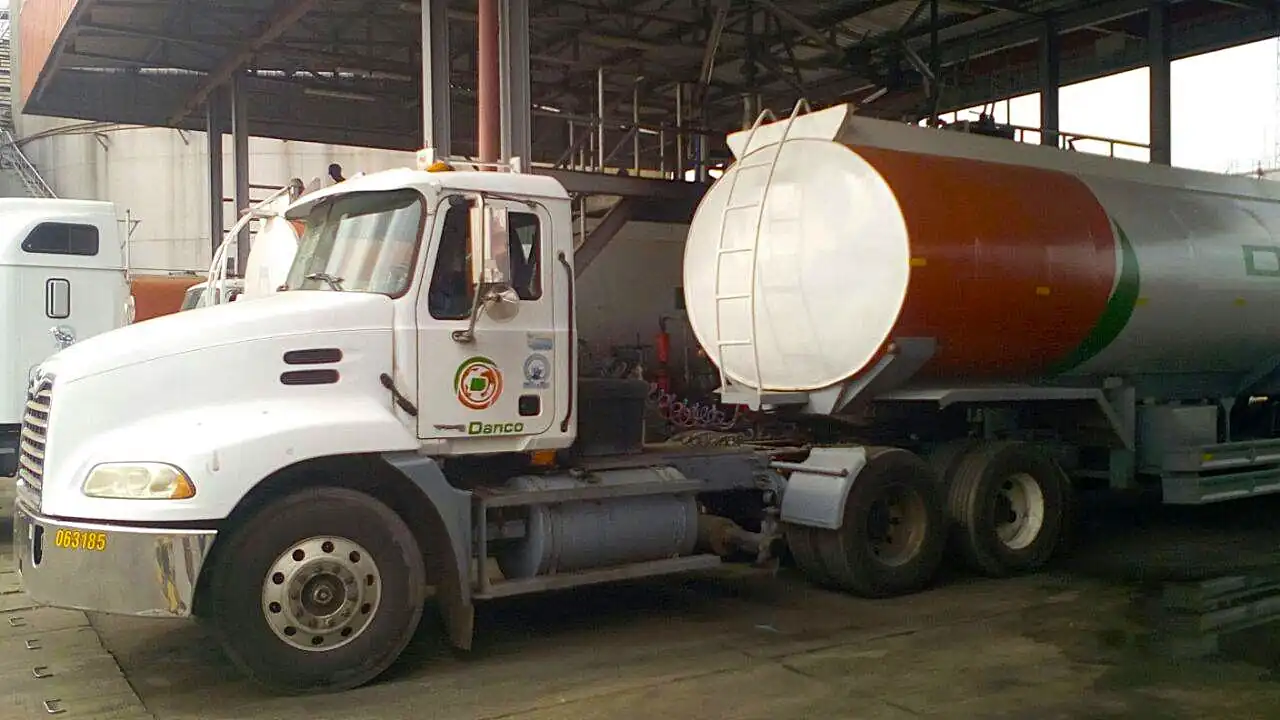The transportation industry is at a pivotal moment. As the world grapples with the realities of climate change, rising fuel costs, and increasing regulatory pressures, the need for sustainable practices in transportation has never been more urgent. For companies like Track&Win, adopting sustainability isn’t just a corporate responsibility—it’s a vital step toward securing a better future for the planet and the business itself.
Sustainability in transportation is about reducing the environmental impact of logistics operations while maintaining efficiency and cost-effectiveness. The transportation sector accounts for a significant percentage of global greenhouse gas emissions, primarily from the burning of fossil fuels. By implementing greener solutions, logistics companies can play a critical role in mitigating these effects.
One of the most effective strategies is optimizing fuel consumption. Modern fleet management systems help logistics providers like Track&Win monitor and manage fuel use in real time. By identifying inefficiencies such as idling, unnecessary detours, or suboptimal driving behaviors, these systems reduce fuel waste and minimize carbon emissions.
Another sustainable approach is incorporating alternative fuels and energy sources. Many logistics companies are investing in electric or hybrid vehicles, which offer a cleaner alternative to traditional diesel-powered fleets. These vehicles not only reduce emissions but also lower operating costs in the long term.
Route optimization is another powerful tool for sustainability. By calculating the most efficient delivery routes, logistics companies can significantly cut down on fuel usage and delivery times. This approach not only benefits the environment but also enhances customer satisfaction by ensuring timely deliveries.
Warehousing also plays a crucial role in sustainable transportation. Green warehouses equipped with energy-efficient lighting, temperature control systems, and solar panels can reduce the overall carbon footprint of logistics operations. Additionally, practices such as consolidating shipments and optimizing storage spaces further contribute to sustainability goals.
Track&Win is committed to integrating sustainable practices into every aspect of its operations. From using cutting-edge technology to optimize fuel efficiency to exploring renewable energy options for our fleet and facilities, we are dedicated to reducing our environmental impact. Sustainability is not just a trend for us; it’s a commitment to future generations and the long-term health of our planet.
The benefits of sustainability in transportation extend beyond the environment. Companies that prioritize green practices often enjoy better relationships with customers, who increasingly value eco-friendly businesses. Moreover, adopting sustainable solutions can lead to cost savings, improved operational efficiency, and compliance with environmental regulations, giving businesses a competitive edge in the market.
In an era where consumers and businesses alike demand accountability, sustainability is no longer optional—it’s essential. Track&Win is proud to lead by example, demonstrating that profitability and environmental stewardship can go hand in hand. By investing in sustainable transportation practices today, we are building a more resilient, efficient, and eco-conscious future for tomorrow.



